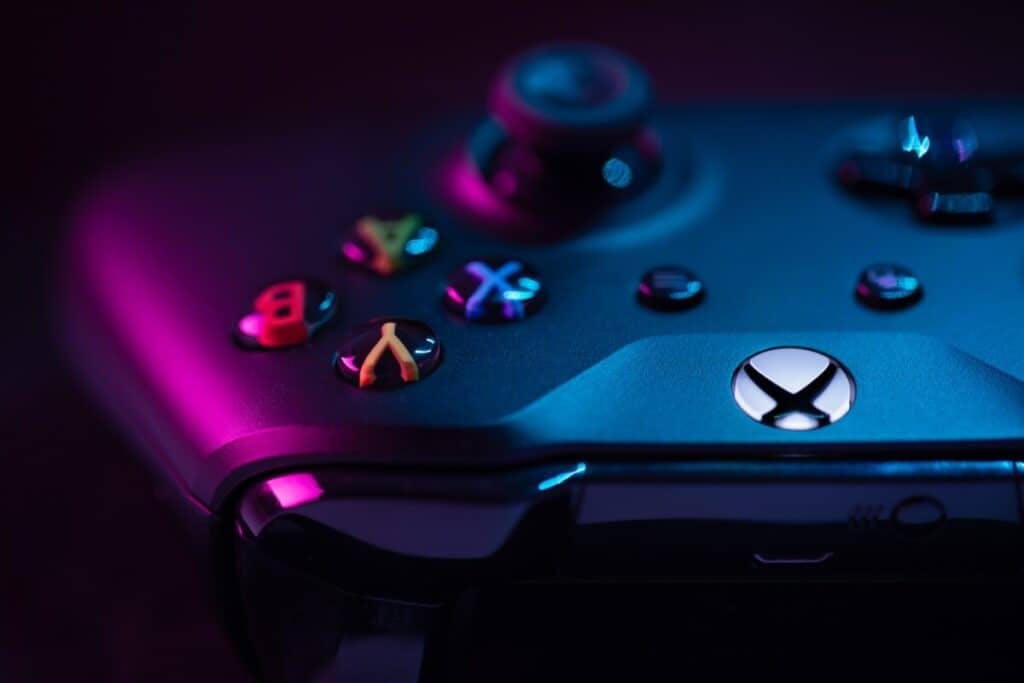How Much Data Does Xbox Live Use?
When you buy through our links, we may earn an affiliate commission.
Xbox Live, now also known as the Xbox network, has been Microsoft’s main online multiplayer gaming platform since its launch in 2002. It provides access to everything related to Xbox accounts and also includes three Game Pass tiers. Many gamers choose to connect to Xbox Live to enjoy the games on offer, but not everyone has access to high-speed Wi-Fi.
On average, Xbox Live uses varying amounts of data that range from 50MB per hour to 150MB per hour. This will depend on the resources needed by each game and whether or not more apps are being used simultaneously.
If you use Xbox Live on a data plan, read on to find out more about how much you will be spending on it.
How Much Data Does Xbox Live Use?
Xbox Live is a Microsoft platform popular with both console and PC users. The paid Gold version is the main attraction, as it offers online multiplayer access and communication, as well as discounts on numerous titles, on a subscription basis that can be paid monthly or annually. Games are becoming increasingly more demanding on all resources, from graphics to data, which can affect your connection.
There is no exact figure for how much data Xbox Live uses because it depends entirely on what is running on it. Usually, the use will range between 50MB and 150MB per hour, but that can go as low as 10 and as high as 200. This figure will also be influenced by the platform you’re using, whether it’s PC, the Xbox 360, the Xbox One, or the newer Series X.
Difference Between Wi-Fi Data Use and Cellular
While using a high-speed Ethernet connection is recommended to get the best performance during Xbox Live sessions, it can also work well over Wi-Fi or cellular data. Let’s take a look at how these two connections compare to each other while using Xbox Live.
| Wi-Fi: | Cellular Data: | |
| Range: | Determined by router area | Widespread |
| Accessibility: | Depends on router presence | Can be used anywhere within cell tower range |
| Security: | More secure on home routers | Secure wherever it is used |
| Latency: | Lower latency | Higher latency |
Choosing between these two types of connections will depend on your circumstances. You will be able to use either of them for Xbox Live as long as you have the right speed and coverage.
Minimum Data Requirements for Xbox Live
The recommended minimum download speed for Xbox Live is 4Mb/s, but if you are playing online or particularly demanding games, you should go for as high a speed as possible. This will prevent stuttering and getting disconnected from the service at inconvenient times.
You should also not use a capped or limited connection. Xbox Live is data-heavy regardless of whether you’re using Wi-Fi or cellular data. If you’re experiencing issues with connectivity, there are a few things you could try to troubleshoot:
- Make sure that your Internet speed is enough to support the service.
- Do not use any other streaming services at the same time.
- Check that you aren’t downloading anything that is draining the Internet speed.
- Try to log in more during the daytime. Most users connect to Xbox Live at night, which can cause lag on the platform, especially with MMOs.
How to Check How Much Data Xbox Live Uses
If you’re unsure how much of your data plan you are spending on Xbox Live, there is an easy way to check on consoles. Follow these steps to see exactly how much data you’re using for Xbox Live:
- Press the home or Xbox button in the center of your controller.
- Go to System.
- Then Settings
- Network Settings
- Select Troubleshooting.
- You will then see the option for Bandwidth Usage.
If you’re connecting for the first time and are having issues finding the network, you may need need to find your Xbox’s MAC address as well.
How Much Data Do Popular Xbox Games Use?
Some games will use more data than others. For example, Minecraft uses around 40MB per hour, while Fortnite uses around 100MB. The popular games with the lowest data usage are Sea of Thieves and Call of Duty: WWII.
At the other end of the spectrum, the most significant data consumers on Xbox are titles like Microsoft Flight Simulator 2020, Counter-Strike: Global Offensive, and Destiny 2. MMOs will usually need a lot of data, especially if they have ultra-high graphic quality.
What Type of Data Plan Is Best for Xbox Live?
The best type of data plan for Xbox Live is an unlimited one. You should always avoid using a limited or capped data allowance because it is easy to go over it with Xbox Live. This can result in exorbitant charges for using too much data from your cellular network provider.
MMO games can easily take you up to 1GB per hour of data usage, which you may not immediately notice. Try to opt for as much speed as possible and aim for providers with broad coverage areas.
Conclusion
Xbox Live can use a lot of data, but this will depend on how you use it and vary from session to session. It will generally use between 50MB and 150MB per hour, but if you use more than one application at once or use in-party chat while gaming, the usage can quickly go up.

